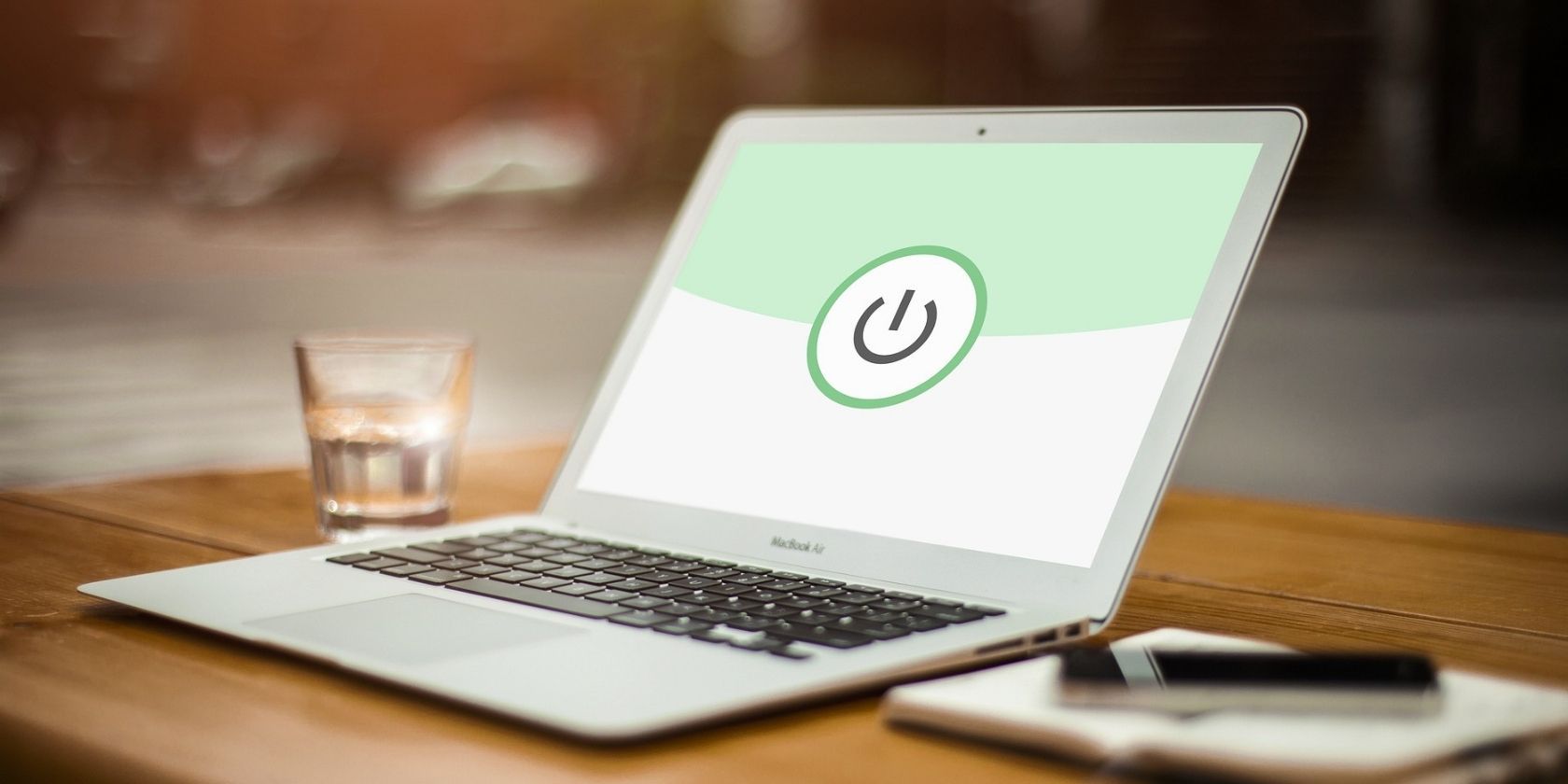A lot of VPN providers mention the risks of connecting to public Wi-Fi when marketing their service. This is because public Wi-Fi really is risky in terms of protecting your online data. Nonetheless, a lot of us still connect to unfamiliar Wi-Fi. On the one hand, they do a certain level of security, but on the other, there are too many risks.
But should you stick to paid VPN providers when connecting to public Wi-Fi? Or can you receive just as much protection while using a free VPN?
Why Is Public Wi-Fi Dangerous?
If you're not familiar with the risks of public Wi-Fi, we'll quickly go over them before getting into the use of free VPNs in connecting to such networks.
The main issue with public Wi-Fi is it is just that: public. Your Wi-Fi network at home is likely password-protected, meaning it can only be accessed by those with the correct login credentials. But public Wi-Fi can usually be accessed immediately, or by entering a few contact details or a publicly provided password beforehand.
This means that anyone can join public Wi-Fi networks, including malicious individuals. Therefore, it is much easier for cybercriminals to access your data via various techniques, including fake networks, phishing, and malware distribution. You also run the risk of having your online activity viewed or your identity stolen while using public Wi-Fi, so it's safe to say that you're exposing yourself to considerable dangers when you use it.
So, why do people use a VPN when connecting to public Wi-Fi?
The Benefits of Using a VPN on Public Wi-Fi
The core purpose of a Virtual Private Network (VPN) is to keep your online data secret and safe. This is done via remote servers and encryption. When you use a VPN, you connect to a remote server, be it in your country of residence or elsewhere, which then encrypts both your online traffic and your IP address.
This means that your ISP, the government, and other third parties have no way of seeing what you're doing online and where, geographically, you're doing it from. It also vastly reduces the chance of your data being stolen by an attacker, especially when you're using public Wi-Fi.
Let's say a cybercriminal were looking to access your sensitive data via a public Wi-Fi network by placing themselves between your server and the ISP. Because your data is totally encrypted by the VPN at this point, they have no way of deciphering it and using it to their advantage. It's important to note that VPNs can be hacked, but this is very difficult to do so.
You've probably heard of a few popular VPN providers before, such as ExpressVPN, SurfShark, and NordVPN. These providers offer a high quality service with top-tier VPN features, but they come at a price. To use a well-known VPN provider, you'll almost always have to pay a flat fee or monthly subscription to do so.
Given that many of us are already paying a considerable amount for numerous online subscriptions these days, it's natural to look for ways to save a buck wherever possible. This has given way to the rise of free VPN companies.
Why You Shouldn’t Use a Free VPN To Connect to Public Wi-Fi
There are many different free VPN providers out there, such as Betternet and Psiphon. To the unknowing customer, dodging fees while receiving online security seems like a no-brainer. And, while each free VPN provider has varying features and privacy policies, there are some core issues associated with using free VPN services in general.
1. Some VPNs Keep Logs
What's crucial to remember about free VPN providers is that they're still businesses, so they still need to find ways to make money. Given that these providers don't charge users a direct fee for their service, they've opted for other avenues through which they can turn a profit. This includes the keeping of VPN logs.
VPN logs are databases containing online user traffic. They can keep information on user activity, connected devices, and even IP addresses. Of course, this defeats the point of VPNs entirely, as someone is still able to see where you are and what you're doing online.
Some free VPN providers take these VPN logs and then sell them to third parties looking to make their own profit via user data. This can be a lucrative business and provides free VPN companies with an alternative revenue stream.
2. Lackluster Security Features
Another weak point of free VPN providers is that their security features can sometimes be sub-par. Given that VPNs are centered around online security, it's important that you know whether your chosen provider is really providing you with the protection you're looking for.
Many free VPN providers can put their users at risk, as they lack features like DNS protection, IP masking, and sometimes don't even encrypt your traffic. Free VPNs often have a higher chance of being hacked, too, as they're just not well-equipped enough to fend off sophisticated cybercriminals.
A lot of free VPN users aren't even aware that their chosen VPN isn't protecting them properly, as such providers don't exactly advertise the features they don't have. So, when an individual accesses public Wi-Fi using a free VPN, they might be putting themselves in a very vulnerable position without even realizing it.
3. Slower Connection Times
If you use a VPN regularly, you've probably noticed that it can take a toll on your connection speeds. Free VPNs can slow your speeds down even more. This, again, is because they're simply sub-par, and sometimes even apply connection speed caps to your device, which can be incredibly limiting.
What's more, public Wi-Fi networks can already be slow due to high user numbers, so applying a free VPN's speed limitations on top of that can make for a very frustrating online experience.
Free VPNs Are a No-Go in General
While free VPNs can occasionally be legitimate, this isn't exactly a frequent occurrence. A lot of these providers simply cannot protect internet users enough to shield them from online attackers, and this is why it's always safer to opt for well-established, paid VPN services that can offer you the highest level of security when you're surfing the web.


